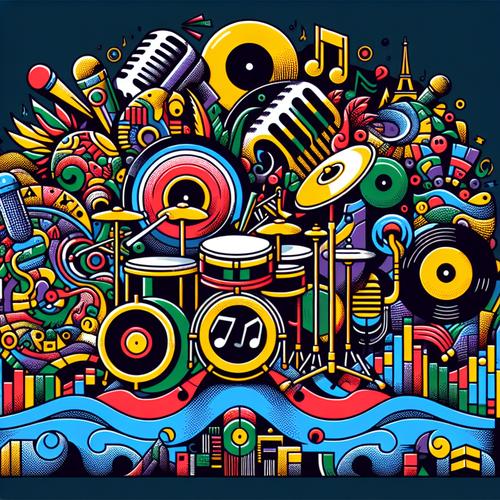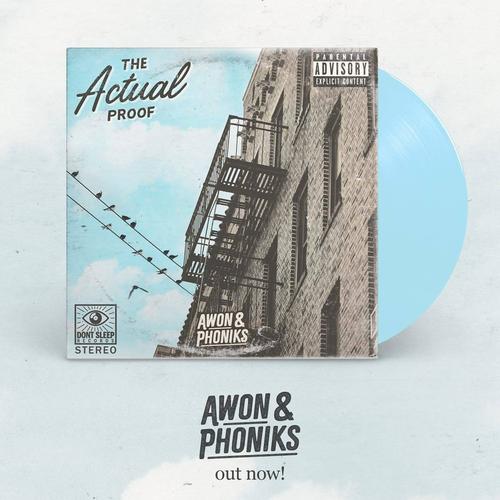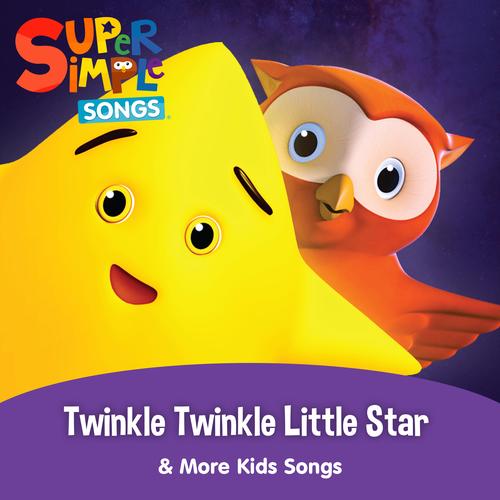
Brazilian funk is a musical genre that emerged in Rio de Janeiro's communities in the 1980s.d by American funk and other styles such as samba and foreign music, it quickly became a vibrant and distinctive cultural expression. In this article, we delve into the universe of Brazilian funk, exploring its origins, characteristics and the influence it exerts on the country's culture.
The Origin and Evolution of Funk
Brazilian funk, also known as carioca funk, had its roots in the late 1970s when funk and disco from the United States arrived in Brazil. At that time, DJs began to incorporate elements of Brazilian music, creating a new sound. Throughout the 80s and 90s, the genre evolved and gained lyrics in Portuguese, often reflecting the social reality of the favelas, where the musical style was more popular.
Characteristics of the Radio
Brazilian funk is known for its fast-paced, loud beats and lyrics that range from everyday themes to social issues. The genre stands out for its use of samples, loops and electronic beats, which are central elements in the production of the songs. Funk artists often use direct language and local slang, connecting deeply with their audience.
Cultural and Social Impact
Brazilian funk is not just a musical genre; it is a cultural movement that offers a voice to marginalized communities. Through its lyrics, funk communicates the joys, struggles and aspirations of slum dwellers, serving as a platform for expression and social debate.
With the expansion of the internet and streaming platforms such asTikTok Music, Brazilian funk crossed borders and reached listeners around the world. This not only increased the popularity of the genre, but also brought greater visibility to the topics addressed in the lyrics of the songs.
Conclusion
Brazilian funk is a musical phenomenon that reflects Brazil's cultural identity. With its ability to adapt and evolve, the genre continues to capture the imagination of new generations and is a vibrant testimony to the creativity and resilience of the Brazilian people.



